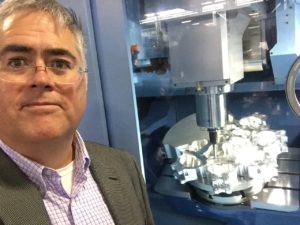Many clients and attorneys think filling out a copyright registration form and filing it is easy. However, if you make a mistake, it can lead to catastrophe!
In a recent case, Gold Value International Textile, Inc. d.b.a. Fiesta Fabric v. Sanctuary Clothing, LLC et al., No. 17-55818, 2019 WL 2347390 (9th Cir. Jun. 4, 2019), Fiesta alleged that defendant Sanctuary Clothing copied its fabric design, which was used to manufacture a blouse that was sold by defendant retail outlets. Sanctuary filed a counterclaim, seeking invalidation of Fiesta’s copyright. The district court and the 9th circuit both found that Fiesta’s copyright registration was invalid.
As background, a group of related works may be registered together for a single fee under some circumstances. However, published works may not be included with unpublished works. Fiesta had applied to register the copyright in the designs as part of a group of thirty-three fabric designs, certifying that none of them had been published. But, Fiesta had previously sold 190 yards of the fabric in issue as samples to “a limited group of existing and potential customers for the limited purpose of securing full production contracts.” Fiesta’s president testified that he knew of these sales but did not consider sampling to be a publication. This was the catastrophic mistake. The district court granted summary judgment in favor of defendants Sanctuary Clothing, LLC. The 9th circuit panel affirmed the district court’s conclusion that Fiesta’s copyright registration was invalid under 17 U.S.C. § 411(b) because Fiesta knowingly included inaccurate information in its copyright application that would have caused the Copyright Office to deny registration. Specifically, Fiesta knowingly included previously published designs in its application to register an unpublished collection. In addition, the Register of Copyrights indicated that it would not publish a single group of published and unpublished works. Because a valid registration is a precondition to bringing an action for infringement, the panel affirmed the district court’s grant of summary judgment in favor of defendants. The panel further held that defendants were prevailing parties, and the district court did not abuse its discretion in awarding attorney’s fees under 17 U.S.C. § 505 even though defendants prevailed on a technical defense.
Defendants were awarded attorney’s fees and costs, which the district court granted in the amount of $121,423.01 against Fiesta. The case can be found here.
The moral of the story is, make sure you understand everything you are filling out when registering a copyright, and hire an expert in copyright law.

